In our nursery and kindergarten, the children learn to find their way in a bilingual world through play. Our large KiTa outdoor area invites them to explore, motor skills are trained in the movement room and the first basic skills are practised together with the other children – KIBS crèche and kindergarten groups are led by German and English-speaking educators to ensure the language bath in our bilingual environment.
In our nursery and kindergarten, children are cared for from their first birthday until they start school. Our little ones grow up bilingually. This is not only about the early acquisition of the English language, but also about providing diverse insights into other cultures. Children need to be rooted in their home country as well as developing a global understanding in order to be open and tolerant towards other cultures and religions. The Early Years Department of the Kämmer International Bilingual School provides the children with an environment of openness and acceptance that values differences and promotes diversity.
The pedagogical concept is based on the “Orientation Plan for Education and Upbringing in the Elementary Sector of Day Care Facilities for Children in Lower Saxony” and is supplemented by the British “Foundation Stage Curriculum”
General Information
Areas and targets of the development
During their time in our kindergarten the children pass through different stages of development. This process is supported by our pedagogical concept, which also helps every child to develop their own personality. We distinguish between six different learning areas, which support children’s social and academic development. These areas are:
Personal and social development:
- development and strengthening of self-confidence and self-esteem
- development of good behaviour and independence
- development of a feeling of belonging to the community
Communication, language and literacy:
- to develop the mother tongue as a media of communication (age-based)
- first steps of teaching reading and writing
- to give children the first contact with the English language, in order to build simple sentences in response to appropriate topics
Mathematics and Sciences:
- introduction of numbers as a label and for counting
- to learn simple counting
- introduction of simple forms, spaces and measurements
Creativity:
- introduction of different materials
- playing music instruments
- to develop their imagination
World knowledge and world understanding:
- to develop new acquirements by yourself
- to learn how to work with information and communication technologies
- introduction of culture, values and religion
Physical and motor skills development / PE:
- development of coordination
- physical and health education
- to learn how to work with sports equipment and tools
To ensure that all the children develop appropriately across all six developmental areas many different projects are undertaken throughout the year. That young children learn most, and best, through play is a well-established fact. Playing is the way children model life in the ‘real world’ and establish social norms and interactive behaviour skills. At KIBS we ensure that the children in kindergarten have ample opportunity for developmental play.
The children are under constant observation throughout their time in kindergarten. The stages of development of each child are documented in individual portfolios. Development reports and information from a child’s family are also collected in these portfolios. In addition, each child has a log which records when they meet their developmental milestones, ensuring that no child gets left behind, and that late development is recorded and talked through with the parents.
It is our intention that when the children are ready to move on to school they have acquired a solid base, both socially and academically, to enable them to have a flying start to school and subsequently experience a successful education. To this end therefore, we have a separate pre-school group, known as the Reception Class. The children in this group follow a pre-school programme which includes the acquisition of early literacy in both German and English and early numeracy. We have excellent co-operation with our primary school, and a transition programme to enable children to move seamlessly from kindergarten to school.
Facilities
Each age-group has its own large, bright class room with toilet facilities and small group room. The kindergarten children also have use of a breakout room, the music room, the sports hall and the outside area. The class rooms are divided into different functional areas, for example: construction area, dolls area, reading corner, creativity area, a sand-water table. These areas change in accordance with the topic which the children are engaged on. The pre-school room is also equipped with an interactive White Board.
Bilingual education
In kindergarten bilingualism is about the children becoming functional in two languages. Of course, they are still acquiring their native tongue, and so the acquisition of a second language sits comfortably alongside their native tongue development. The children pick-up the second (target) language very quickly, and are soon able to move between the two languages with ease. It is our objective that the children become fully functionally bilingual during their time in kindergarten, so that they are able to study in both languages in primary school with no difficulties.
All the kindergarten staff speaks English and the pre-school group has a fully qualified pre-school teacher who is a native English speaker.
International research into early language acquisition and bilingual language acquisition show that children at a young age are able to learn a second language as fast and as easy as their native tongue. It is proved that bilingual children are not only more creative and cognitive than monolingual children, but also their communication skills in their native tongue are enhanced, over that of monolingual learners, by the time they reach their early teens.
Opening hours:
Main opening hours
8am – 4pm
Special opening hours 7:30am-8:30 am Breakfast Club
4pm – 5pm After School Club
Vacation time:
The KIBS offers day care and vacation activities, which can be attended by children from all three of our school. Age appropriate activities are provided, and the kindergarten children have their own group. Our kindergarten is closed for 30 days each school year during the school holidays, and on an additional 2 days each school year for staff training.
Concept
Handbook for Parents
Digital Learning and Teaching
The development of the digital world is progressing steadily, and even the youngest children experience media use by adults and older siblings on a daily basis in their home environment. A natural, childlike interest in these technologies offers an optimal starting point for pedagogical action. New developments that bring about social changes – and correspondingly adapted behaviors – inevitably require pedagogical forces to rethink their own didactic work.
The aim is to be able to support the children more individually in the course of their daily care with the help of the new technical support measures. The devices provided and the ways in which they can be used should help the children to find their way in the new and complex world of digital media in an appropriate way. We already do this to a large extent through the use of conventional, analog media such as books, which present a wide variety of topics in an understandable and entertaining way.
From now on, however, a further focus will be placed on the individual ways and means of new media instruments such as iPads and Smartboards, as these represent an excellent option for children in particular to enjoy fun and encouragement to the same extent due to their versatile application possibilities and simple operation.
Kindergarten and Nursery Staff
Head of Early Years

Jacqueline Tillmanns
Head of Early Years

Chandlor Grandon
Deputy Head of Early Years
Busy Bees

Norbert Bomberg
Jumper

Elizabeth Glatzel
Teacher

Melisa Kulak
Teacher
Freaky Frogs

Michael Brandt
Teacher / Forest educator

Sara Ali
Teacher
Bouncing Bears

Josephine Arnekker
Teacher
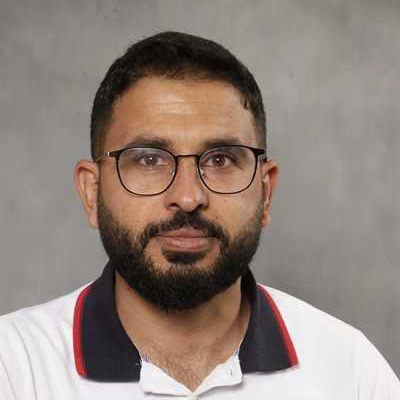
Mohamad Al Haji
Teacher

Estefania Solorzano
Teacher
Happy Hippos
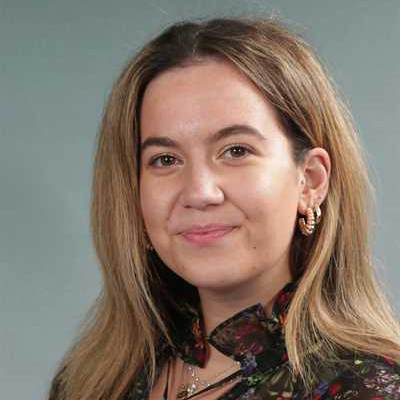
Lorena Luzzi
Teacher

Tayla Scott
Teacher

Elisa Meier
Jumper

Katharina Thieme
Jumper
Funny Fireflies

Carina Ihmels
Teacher

Agata Warzala
Jumper
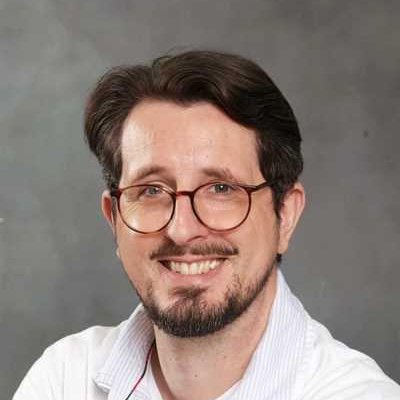
Ross Lewis
Teacher
Curious Chipmunks

Laura Büttner
Teacher

Karina Paul
Teacher
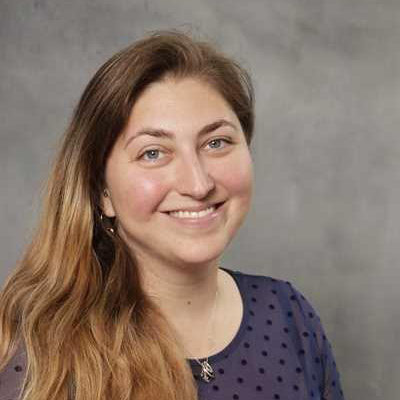
Johanna Netzel
Teacher
Tiny Tigers

Nina Dörfel
Teacher

Queen Aisagbonbuawan
Teacher
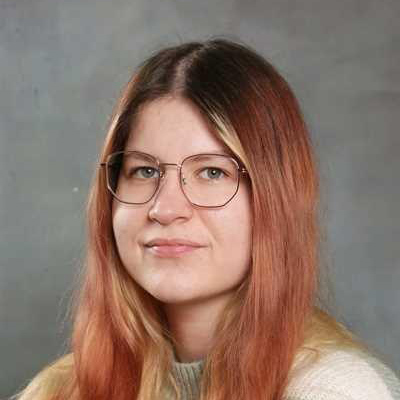
Vivien Lipps
Teacher
Little Lions

Anne Sudau
Teacher

Montana Aldridge
Teacher